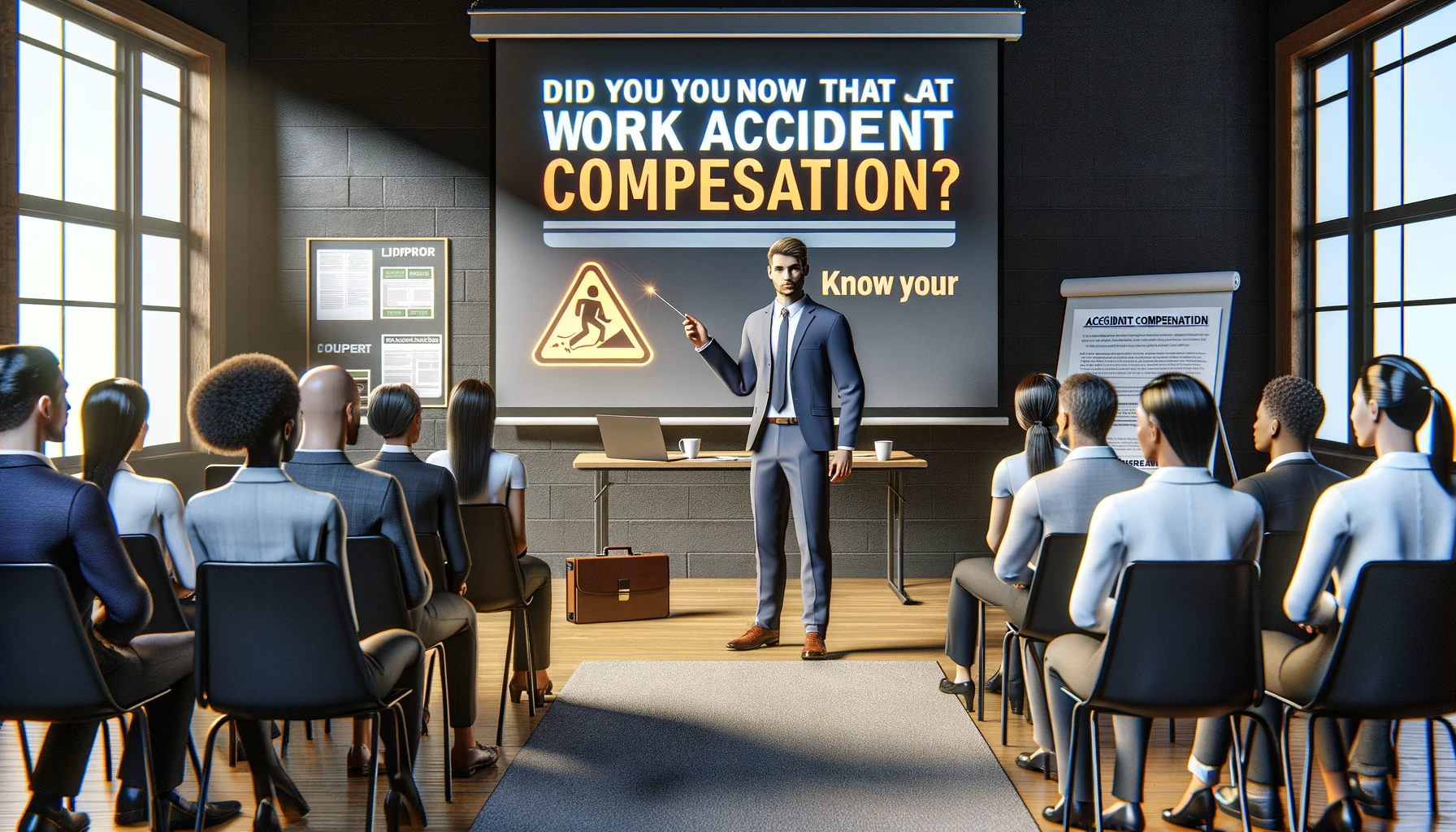Workplace accidents can be a challenging and overwhelming experience, especially when faced with the additional complexity of not having social security coverage. In such situations, it's crucial to be aware of your rights as a worker and the potential avenues for compensation. The following information provides insights into what you can do if you find yourself injured at work without the safety net of social security.
If you believe your employer's negligence contributed to your injury, suing your employer for injury at work might be an option. However, this is usually a last resort and requires clear evidence of negligence. Before pursuing legal action, consult with an attorney to assess the viability of a lawsuit and understand the potential complexities involved.
Understanding Workers' Rights without Insurance
If you're injured at work without social security coverage, it's important to know that you still have rights. Workers' rights without insurance form the foundation of employment law and are designed to protect individuals facing such circumstances. These rights vary by location, but there are typically systems in place to ensure you're not left without support.What Constitutes a Workplace Injury?
A workplace injury encompasses any harm resulting from activities related to your job. This includes a broad range of incidents, from physical injuries like fractures to conditions arising from repetitive strain or exposure to hazardous materials. Recognizing what qualifies as an occupational accident entitlement is essential for understanding your rights.Employee Compensation without Social Security
Even without social security, there may be avenues for employee compensation. Many regions have independent workers' compensation systems that offer benefits to injured workers, irrespective of social security coverage. While navigating these systems can be complex, it's crucial to explore the specifics of your situation to understand the compensation options available to you.Accident at Work Legal Advice
Seeking legal advice after a workplace accident is advisable, particularly when dealing with the complexities of workers' compensation rights. Legal professionals can guide you through the process and help you understand the compensation for work accidents that you may be entitled to. They can also provide advice on the best course of action based on your unique circumstances.Employer Liability for Employee Accidents
Employers are obligated to maintain a safe working environment, and if your accident results from employer negligence, they may be held liable. Understanding employer liability for employee accidents is crucial for determining whether you have grounds for claiming compensation. This knowledge can guide your next steps in seeking appropriate remedies.No Social Security Work Injury: Your Next Steps
In the immediate aftermath of a work accident, take necessary steps to protect yourself. Seek prompt medical attention, report the incident to your employer, and gather evidence to document the details of the accident and your injuries. Thorough documentation is essential for any potential work-related injury claims.Compensation for Work Accidents
Compensation for work accidents can take various forms, including coverage for medical expenses, disability benefits, or reimbursement for lost wages. The process may involve filing a claim with your employer's insurance or a relevant government agency responsible for workplace incident rights.Suing Employer for Injury at Work
Conclusion
Facing a work injury without the safety net of social security can be daunting, but knowing your rights and available avenues for compensation is crucial. Remember, you're not alone in this situation, and seeking support from resources and professionals can help you navigate through the challenges effectively.Look for an attorney who has the right legal resources for your legal needs.
Contact us here on the Warmuth Law website or through our hotline 888-517-9888.













